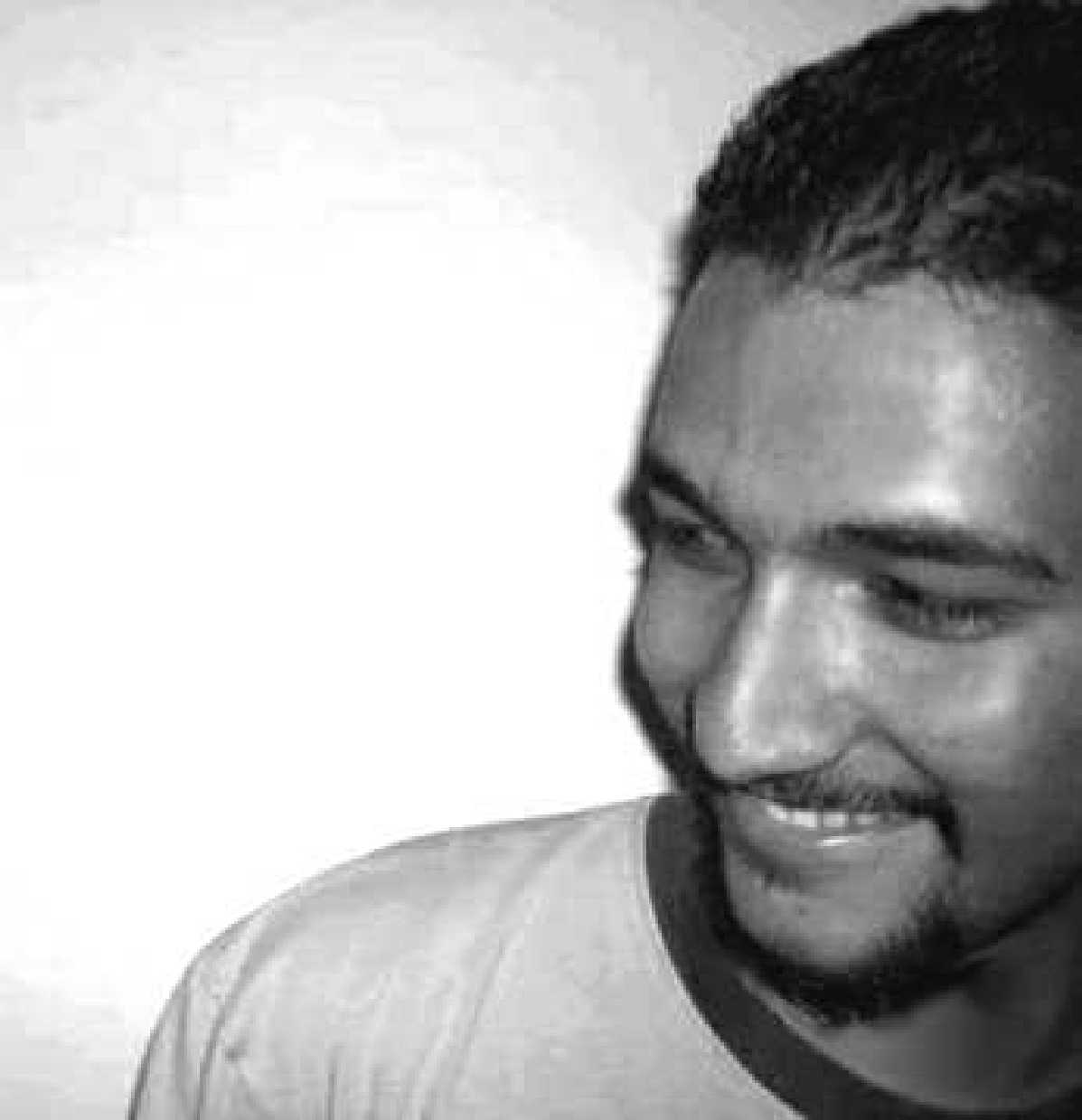
The Masses As a Serial Killer
How should I start the first article of the semester? "Welcome back to
Bilkent"? No... sounds like I've waited for you at Bilkent since final
exams. "Here we go again"? Too ordinary. Maybe I should follow one of
Hıncal Uluç's rituals and re-publish the article I wrote at the
beginning of the first semester? No, I'm too young for this. I can use
such shortcuts when I'm 60 and become an indispensable guest at beauty
contests.
No matter what I say, we all came back to
Bilkent (in spite of the snowstorms trying to sabotage our return) after
a month free from attendance sheets, ring buses and infinite queues of
students craving lunch. All
the news broadcasts had a very busy month, with the natural gas crisis
between Russia and the European Union, the nuclear energy crisis between
the US and Iran, the standard discussions about kurban rituals, and M.
Ali Ağca's mysterious blue sweater.
However, I guess the most interesting part
of the agenda would be the bird flu epidemic threat, which started with
a calm declaration about the medical details, continued with a series of
dark-comedy scenes (such as people trying to hide their children from
doctors) and ended up in an interesting way: with lots of people (most
of whom did not appear on TV screens) starting to ask if this was a
conspiracy planned by "external powers" aiming to destroy the Turkish
poultry industry.
You see the problem? Whenever a serious
event is discussed too much, the masses lose their trust and sense of
reality. Who can blame them? One day, people listen to a doctor on a
serious TV channel saying that eggs shouldn't be washed before they are
eaten. He says washing eggs causes them to be less resistant to the
virus. The TV viewers go to bed, and then get up the next day and eat
their unwashed eggs while they watch the Minister of Health declare that
it's not safe to consume eggs without washing them.
Once we have unlimited access to
information, it becomes disinformation. Most people prefer to listen to
one authority and ignore others, but this won't change the reality: we
know too much to trust anyone. The more we talk about things, the more
we distort and destroy them. Like we "kill" events, we kill people by
discussing them too much.
This doesn't have to happen in the form of
a media tragedy like the one we had involving a contestant from one of
the marriage shows. When millions of people have an image of a singer, a
writer, an actor or an actress, he/she gets murdered as a person by the
masses, and his/her image replaces the corpse. Real deaths become
unbelievable. You look around and see people claiming that Elvis and
John Lennon are alive.
The same thing is happening in the case of
the bird flu epidemic these days. It's being destroyed by the
unnecessary information concerning it. It's changing from a medical
threat to an economic event, and it's not as hard to believe in a
connection between an economic event and political power relations.
A long time ago Bacon claimed that "knowledge
is strength," but I guess the idea needs to be updated by a recent
advertising slogan: "strength is not strength when it's not under
control.
İsmail O. Postalcıoğlu (POLS/III)
ismail_orhan@yahoo.com
 |







